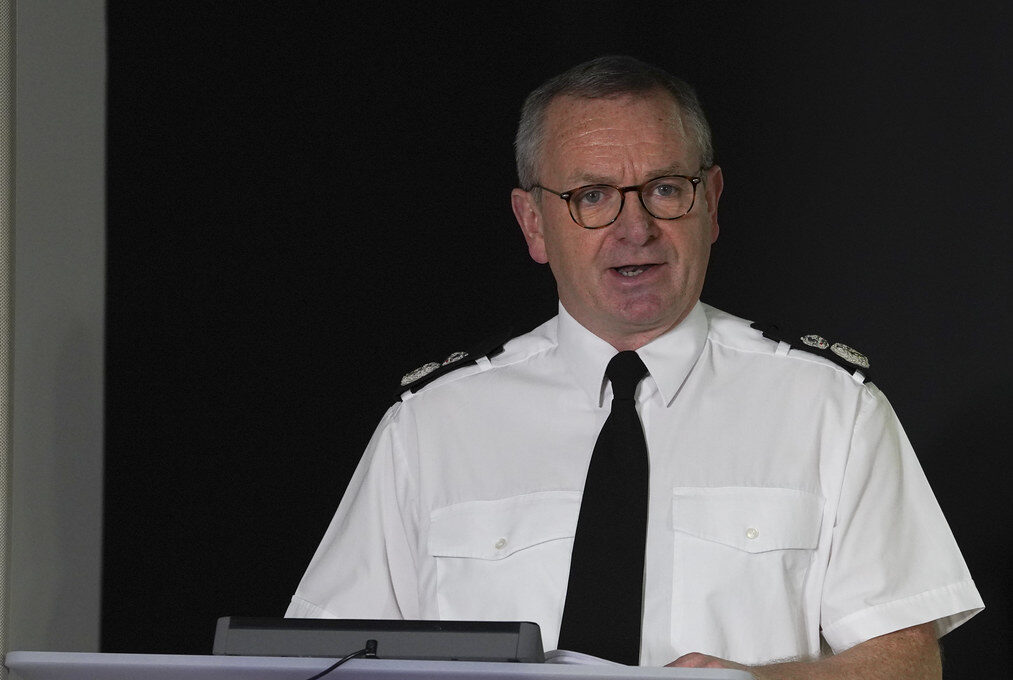LONDON (Parliament Politics Magazine) – The head of Police Scotland has stated that it is morally imperative and necessary to operate for police forces across the UK to show “zero tolerance for discrimination, racism and misogyny” both across society and within their ranks, and that the voices of those who survived sexual violence are crucial in making improvements.
“Words and good intention are not enough,” writes the force’s chief constable, Iain Livingstone, exclusively for the Guardian. Action must be taken — concrete, forceful, progressive, and visible action.”
He goes on to say that the “hard-earned lessons” learned from modernising Police Scotland, the UK’s second largest force, may benefit colleagues and communities overseas.
Livingstone acknowledges that the change was incredibly challenging and that “we did not get everything right” nearly a decade after Scotland merged ten policing organisations into a single national service, but points to the force’s record on solving murder cases, policing the Cop26 climate summit, and prevention from drug overdose as proof of how the restructuring has improved policing.
The previous week, two different studies led by Sir Tom Winsor and Sir Michael Barber stated that if England and Wales’ 43 forces are to become more fit for purpose, they must operate as a cohesive network. They also suggested that training and skills be changed.
After Sarah Everard’s murder in March last year, and proof of institutional racism and misogyny at the Met, which led to the resignation of the force’s commissioner, Cressida Dick, last month, policing culture remained under constant examination.
Livingstone is referring to the “Don’t Be That Guy” public awareness campaign, which was launched in October and encouraged men to examine their own and their colleagues’ attitudes toward women. “This was an essential message for Scottish society, including for us – as individuals and as a service – in policing.”
Livingstone launched a verification mechanism to reassure women approached by a lone police officer shortly after news of Everard’s kidnapping became public – a policy, he argues, that reflected “the onus on policing to accept responsibility for addressing public concerns.”
Campaigners applauded the initiatives, especially in light of earlier answers that appeared to emphasise the need for female victims to take responsibility for their own protection.






